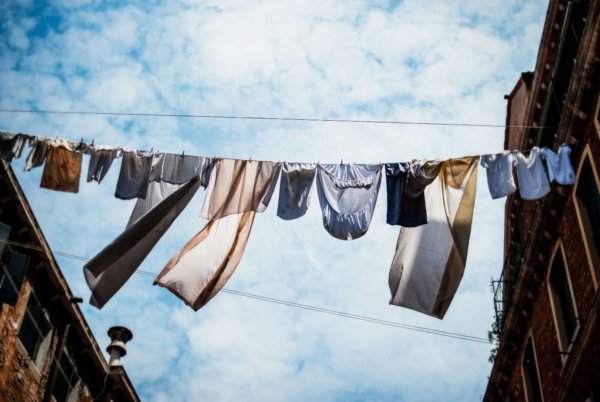How you can help the elderly fight loneliness

According to a study by AgeUK, loneliness among the elderly is reaching epidemic proportions. It’s estimated that around 1.2 million older or elderly people in the UK are ‘chronically lonely’.
Loneliness has long been known to have a negative impact on mental health. Figures released by the NHS suggest that over 20% of men aged 65 and over suffer from loneliness-induced depression. The figure is even higher among women at almost 30%. Perhaps even more shockingly, the NHS estimates that around 85% of older people with depression are left to their own devices.
It is also believed that chronic loneliness can have a physical impact equivalent to smoking 15 cigarettes per day.
Most of us have an elderly relative, friend or neighbour. To help combat the effects of loneliness and isolation, at Premier Care in Bathing we have put together a few suggestions to help those in need.
Volunteer at an anti-loneliness charity
Various charities across the UK have been formed to specifically deal with isolation and depression among older people and the elderly. This may be an ideal opportunity for those who do not have elderly people in their lives but who want to help those in their community.
While there are many charities of this sort, the larger ones to look out for are:
Pay a visit
We all lead busy lives, but taking some time out of your day to visit an older person may mean more to them than you realise. In addition to providing them with company and chat, the anticipation of a visit will also give them something to look forward to.
If you do decide to visit an elderly relative or friend, try and make a regular date that’s convenient for them as well as you. If you can’t make your tea-time get-together, be sure to let them know as soon as you can and be sure to reschedule, so they know when next to expect you.
Pay attention to their social calendar
If you suspect someone you know is lonely, encourage them to do things that will fill out their social calendar. Look on the internet for social groups, hobby groups or even support groups that operate in the area.
While they may be reluctant or even afraid to go at first, you can always go with them until they find their feet. If they can’t drive, see what local bus services are available or organise a pick-up and drop-off through a taxi service.
Encourage them to get active
Exercise is a well-known depression fighter. They don’t have to train for a marathon or take up weightlifting; there are plenty of low-moderate options. Look out for gym classes for older people, walking groups or even community allotments. They could even get involved with a local animal rescue centre or offer to walk the neighbour’s dog. Exposure to animals has also been found to lower blood pressure, reduce anxiety and symptoms of depressive conditions.
Help them look after themselves
There is a tendency among the isolated to give up on personal appearance. Fresh clothing and hygiene can play second-fiddle to a multitude of other priorities; after all, if they’re not planning to see anyone, why bother?
However, simple things such as ensuring their clothes are clean and ironed, and that they’ve had a bath or shower, can help them feel much brighter. You could volunteer to do their washing or offer to take it to the local laundromat.
Many older people who feel isolated are actively afraid of showering or bathing in case they slip or fall. A specially designed bath or shower can solve that. Check out our range of walk-in showers and walk-in baths. Comfortable, affordable, safe and stylish, they will make it easier for them to relax.
All it takes is a little of your time and support to make an elderly person feel valued. Knowing that you’re there, looking out for them, may even prevent the development of mental health problems, including the crippling feeling of loneliness so many endure.



